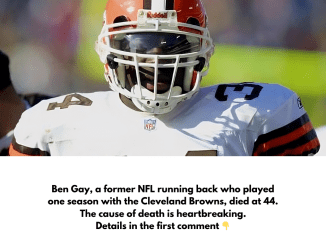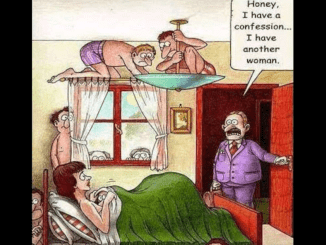In a recent interview, beloved sitcom star Jennifer Aniston stirred up a heated debate when she claimed that the iconic show “Friends” is now considered “offensive” by younger audiences. As someone who was at the center of one of the most beloved TV series of all time, Aniston’s comments have ignited a firestorm of discussion around the show’s legacy and its place in the modern cultural landscape.
Aniston’s assertion that “comedy has evolved” and that certain jokes or storylines in “Friends” would now be seen as insensitive or problematic is certainly not without merit.
As societal attitudes and norms shift, what was once considered harmless humor can quickly come under scrutiny. Aniston acknowledges this delicate balance, noting that “you have to be very careful, which makes it really hard for comedians, because the beauty of comedy is that we make fun of ourselves, make fun of life.”

Indeed, a closer examination of “Friends” reveals several storylines and characterizations that have been criticized by younger viewers as outdated or insensitive. The treatment of Chandler’s transgender father, the depiction of the lesbian couple Carol and Susan, and the general lack of diversity on the show have all been cited as areas of concern.
Additionally, the way the character of Ross interacts with and treats the women in his life has also come under fire, with some viewers arguing that his behavior would be viewed very differently in today’s social climate.
However, it’s important to note that despite these criticisms, “Friends” remains one of the most beloved and popular shows of all time.
As one social media user pointed out, “Gen Z-ers LOVE Friends and keep its valuation at hundreds of millions of dollars. It’s one of the most popular and beloved shows of all time.” This highlights the nuanced nature of the debate, as the show’s enduring popularity coexists with the legitimate concerns raised by younger viewers.
Ultimately, the debate surrounding “Friends” and its perceived offensiveness is a complex one. It speaks to the evolving nature of comedy and the need to balance the nostalgic appreciation of beloved cultural touchstones with a critical examination of their problematic elements. As Aniston herself acknowledges, “there was a sensitivity like there is now” when the show was originally produced, and this presents both challenges and opportunities for how we engage with and understand the legacy of “Friends” in the present day.
In the end, the “Friends” debate is a microcosm of the broader cultural conversations happening around the re-evaluation of past media and the need to approach it with nuance and understanding. While Aniston’s comments have undoubtedly stirred up strong reactions, they also serve as a reminder that the way we consume and interpret art and entertainment is constantly evolving. By engaging in this dialogue with empathy and an openness to learning, we can gain valuable insights into the complex and ever-changing nature of cultural discourse.


